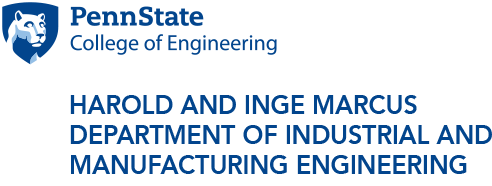Student Participation and Eligibility
Why do I need a mentor?
Students gain insights into career paths and build their professional networks while mentors experience the satisfaction of guiding the next generation of Penn Staters. This program requires the time commitment of one academic year; however, pairs are welcome to continue the relationship beyond the academic year.
Students may discuss a range of topics with their mentors, from course load and career goals to extracurricular activities and relationships with other students, faculty and staff. The FAQ section houses example topics and questions to discuss. Open communication is the foundation of a productive student-mentor relationship. Remember that while mentors play many different roles throughout the relationship, the mentor is not a parent or counselor, and communication should be professional. Students should be enthusiastic and assertive in communicating their individual interests and needs.
Most importantly, students must keep their commitments and remember that their mentors have volunteered this time to be of service to them.
Registration Information
The mentoring program is for the following students:
- All industrial engineering undergraduate and graduate students
- Open to students who have not declared a major and who are interested in learning more about industrial and manufacturing engineering.
A few weeks after registering, students will receive a link to a portal with the available mentors. Students should review the options and select a mentor who has the credentials related to students' primary questions.
Please note that mentor selection is handled on a first-come, first-serve.
To sign up for the program, please register here.
Mentoring Program
- Program Overview
- Student Participation and Eligibility
- Alumni Participation and Eligibility
- Mentoring Process



